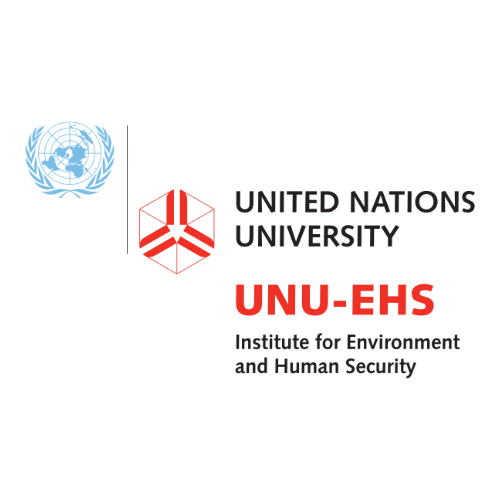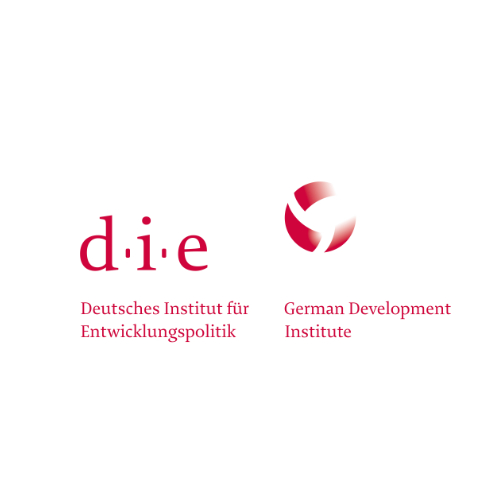News

Adaptation pathways: a review of approaches and a learning framework
Adaptation pathways have experienced growing popularity as a decision-focussed approach in climate adaptation research and planning. Despite the increasing and broadening use of adaptation pathways reported in the literature, there has not yet been a systematic attempt to review, compare and contrast approaches to adaptation pathways design and their application. In this paper we address this gap through a literature review of conceptual and applied studies of adaptation pathways in the context of climate change. Adaptation pathways started to be conceptualised in 2010.

Assessing Multi-Hazard Vulnerability and Dynamic Coastal Flood Risk in the Mississippi Delta
The tight coupling of the social-ecological system (SES) of the Mississippi Delta calls for balanced natural hazard vulnerability and risk assessments. Most existing assessments have approached these components in isolation. To address this, we apply the Global Delta Risk Index (GDRI) in the Mississippi Delta at high-resolution census tract level. We assess SES spatial patterns of drought, hurricane-force wind, and coastal flood vulnerability and integrate hazard and exposure data for the assessment of coastal flood risk.

Advancing the Water Footprint into an Instrument to Support Achieving the SDGs
The water footprint has developed into a widely-used concept to examine water use and resulting local impacts caused during agricultural and industrial production. Building on recent advancements in the water footprint concept, it can be an effective steering instrument to support, inter alia, achieving sustainable development goals (SDGs) – SDG 6 in particular. […]
International Women’s Day 2021
Highly qualified women are actively working in the Bonn Alliance whose perspectives and contributions are crucial for the success of

Applications for the MGG Academy 2021 are possible until 31 March 2021
The Managing Global Governance (MGG) Academy brings together young professionals from government institutions, think tanks and research institutions, civil society and the private sector in rising powers and Europe. The main objective of the course is to support and prepare future change-makers for a professional and personal life dedicated to sustainable development at home and in the world. Building trust, exchanging perspectives and developing a mutual understanding belong to the core assets of the Academy.

Postgraduate Training Programme for Development Cooperation: Application possible until 31 March 2021
Master graduates can apply for the Postgraduate Training Programme of the German Development Institute / Deutsches Institut für Entwicklungspolitik (DIE) until 31 March 2021!

The Global Mountain Safeguard Research (GLOMOS) Programme: Linking Academia and the United Nations System for Transformative Resilience in Mountain Regions
Population growth, climate change, and unsustainable natural resource management are putting pressure on mountain ecosystems and making mountain communities increasingly vulnerable to climate and disaster risks. The international academic community is committed to finding solutions to the challenges faced in mountain regions. Governments, too, have been developing adaptation plans and policies to improve living conditions and opportunities for mountain communities.

Understanding and assessing flood risk in Vietnam: Current status, persisting gaps, and future directions
Vietnam is exposed to different types of floods that cause severe economic losses, damage to infrastructure, and loss of life. Reliable information on the drivers, patterns and dynamics of flood risk is crucial for the identification, prioritization and planning of risk reduction and adaptation measures. Here, we present a systematic review of existing flood risk assessments in Vietnam. We evaluate the current status, persisting gaps, and challenges regarding the understanding and assessment of flood risk in the country.

No easy fixes: Government workers perception of policy (in)coherence in the implementation of the Post-2015 Agenda in Mexico
The Paris Agreement, the Sustainable Development Goals, the Sendai Framework and the New Urban Agenda share a vision of global sustainable development, with several overlapping goals and targets. However, these agendas are often treated along sectoral boundaries leading to highly branched implementation. Underusing potential synergies is not only a burden for governments due to the costs of redundancies and inefficiency but can also hinder collective goals and lead to inter-agenda trade-offs. Despite growing attention on policy coherence in research and policy, existent literature fails to explain why it is so hard to achieve despite widespread recognition of its theoretical value.